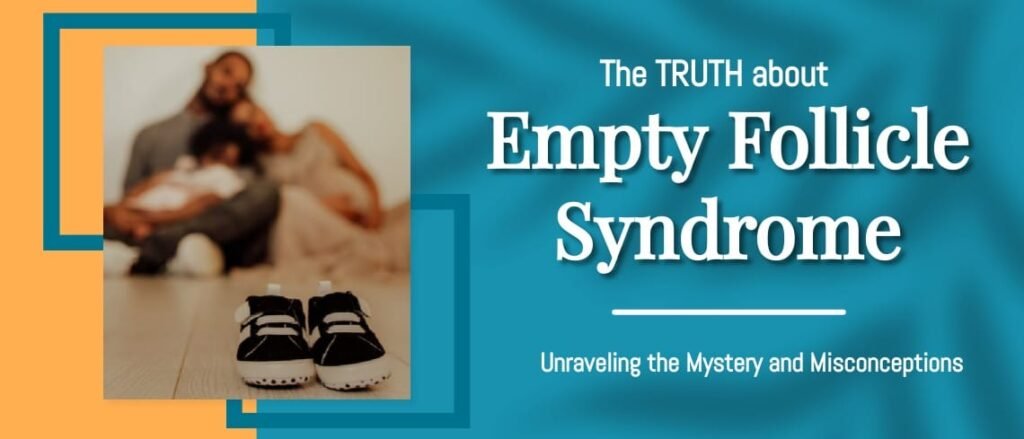“Empty Follicle Syndrome” is a misleading term because follicles always contain eggs. However, some eggs may have difficulties detaching and being retrieved. This is more likely to happen when multiple attempts are needed to retrieve an egg from a follicle, indicating the egg may have chromosomal abnormalities.
Factors Contributing to “Empty” Follicles
The hormonal environment created during controlled ovarian stimulation plays a significant role in egg development. In certain cases, follicles may not release their eggs during retrieval, leading to the misconception of empty follicles.
This situation is most commonly encountered in older women, those with diminished ovarian reserve (DOR), and women with polycystic ovarian syndrome (PCOS). To address this problem, personalized protocols for controlled ovarian stimulation and careful administration of the hCG trigger shot are important.
The hCG trigger shot is given after optimal ovarian stimulation to initiate the process of reducing the number of chromosomes in the egg. It also helps the egg detach from the follicle’s inner wall. This allows for easier retrieval during the egg retrieval procedure.
Women with increased LH activity, such as older women, those with DOR, and women with PCOS, are more susceptible to the negative effects of LH-induced ovarian testosterone. Excessive LH activity can compromise egg development and increase the chances of chromosomal abnormalities. Medications like clomiphene and Letrozole can stimulate LH release, and certain drugs containing LH or hCG can have negative consequences.
Individualizing the controlled ovarian stimulation protocol, determining the correct dosage and type of hCG trigger, and administering it at the right time are crucial. The recommended dosage of urinary-derived hCG products is 10,000 units, while for recombinant DNA-derived hCG, the optimal dosage is 500 micrograms. A lower dosage of hCG can increase the risk of chromosomal abnormalities in the eggs and negatively impact the outcome of IVF.
Understanding the role of LH activity, the effects of medications on hormone release, and the importance of personalized protocols are vital. By optimizing these factors, the risk of failed egg retrieval and “empty follicle syndrome” can be minimized, improving the chances of successful IVF outcomes.
Causes of Empty Follicles in IVF
A common question asked by patients undergoing IVF treatment is “What causes empty follicles in IVF?” Apart from what’s already been mentioned regarding LH activity and the importance of individualized COS protocols, several other factors can also contribute to this. These may include genetic factors, certain lifestyle choices such as smoking and alcohol consumption, environmental exposure to toxins, and certain medical conditions that affect hormone levels or overall health.
While much of the focus in the context of “empty follicle syndrome” is on the eggs themselves and the ovarian stimulation protocol, it is essential to remember that the success of IVF is also heavily influenced by the quality of sperm and the health of the uterus. Therefore, a comprehensive and individualized approach considering all these factors can increase the chances of IVF success.
Overall, while the term “empty follicle syndrome” might suggest the absence of eggs in the follicles, it’s more accurately a case of non-retrievable or inaccessible eggs during the retrieval process. The concept underscores the importance of precise individualized protocols and the correct use of medications in the IVF process. It also highlights the potential for follicular growth after the trigger shot and factors that could contribute to failed egg retrieval, thereby necessitating a comprehensive and personalized approach to IVF treatment.
Are you struggling with the complexities of IVF and worried about the so-called “Empty Follicle Syndrome”? At Sher Fertility Solutions, we understand your concerns and are ready to guide you every step of the way. Call us today or schedule your consultation to turn the myth of the “empty follicle syndrome” into a success story!








